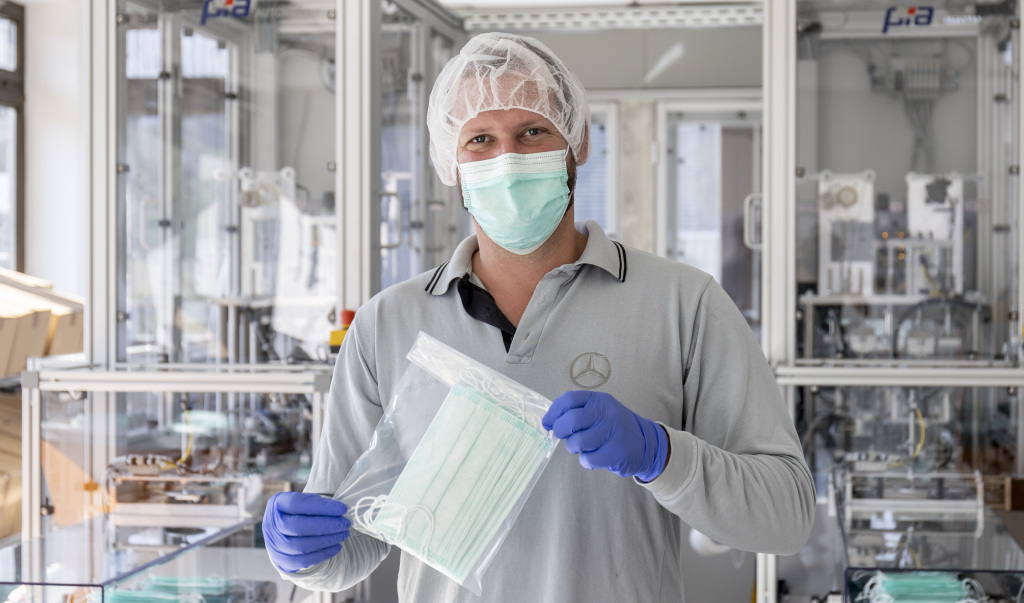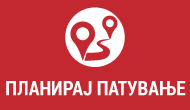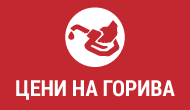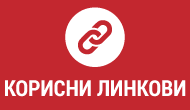– Advertisement –
Mercedes-Benz has started operation of a production plant for mouth and nose masks at its Sindelfingen plant. In future the company will thus increasingly be focussing on its own production of equipment to protect against the spread of COVID-19. The fully automatic production line has a daily capacity of more than 100,000 masks. The aim is for them to be used in the European Mercedes-Benz passenger car plants which have successively taken up production again following a phase of work interruption as a consequence of the COVID-19 pandemic. Mercedes-Benz will not only make the masks produced in Sindelfingen available to its own employees; it also wants to support external institutions as part of its social responsibility.
In order to stem the spread of the COVID-19 pandemic Mercedes-Benz is focusing on mouth and nose masks produced in-house and in June it put into operation a fully automatic production line at the Mercedes-Benz Sindelfingen plant. This sees the company securing the requirements of the passenger car and components plants which have already been starting up again since mid-April. Within a few weeks Mercedes-Benz has completed the entire process chain for in-house production – from planning and material procurement to commissioning of the production plant and distribution of the mouth and nose protection. Both the facility and the required raw materials come from Germany. The production facility for the mouth and nose masks at the Mercedes-Benz plant in Sindelfingen by PIA Automation Holding GmbH puts together the fleece, nose clips and ear bands in a fully automatic production process in a few seconds, which makes it possible to achieve a daily output quantity of more than 100,000 masks. By the end of the year the company is expecting a production volume of more than seven million masks. Alongside provision for the employees, Mercedes-Benz also wants to meet its social responsibility and support external institutions, assuming country-specific approvals and requirements. The mouth and nose masks currently conform to DIN EN 14683 and serve to counteract the spread of pathogens from the nose and throat of the wearer.
Jörg Burzer, Member of the Board of Management of Mercedes-Benz AG, Production and Supply Chain Management: “As part of the coordinated restart of the Mercedes-Benz plants, the protection of the health of our employees has been absolutely paramount. With the mouth and nose masks made in Sindelfingen we are continuing to secure a supply for our team and we are contributing towards stemming the spread of COVID-19. We are proud that we are also able to make an important contribution outside our company. Because one thing is clear: stemming the COVID-19 pandemic is a task for the whole of society. We are tackling it with maximum flexibility and commitment together with our team.”

Ergun Lümali, Chairman of the Works Council at the Mercedes-Benz plant in Sindelfingen: “Thanks to the careful conduct of our colleagues, who are keeping strictly to the safety measures, we have the spread of the COVID-19 pandemic at the site under control. As our production operates we maintain extensive protective and hygiene measures, including adherence to distancing rules, additional hygiene breaks and using protective masks. I am delighted that we are also able to ensure that our employees are equipped with mouth and nose masks by our in-house production ‘made in Sindelfingen’.”
As well as the use of disposable mouth and nose masks, Mercedes-Benz is also focusing on the widespread use of washable multi-use variants in order to protect its employees. The company has also been able to rely in the past weeks on the internal expertise of the seamstresses and sewers at the Mercedes-Benz designo Manufaktur and its trainees in Sindelfingen, who normally produce exclusive tailor-made and individual interior component parts for the global production of Mercedes-Benz vehicles. More about this here.
The health and safety of its employees is Daimler’s highest priority. To protect employees, the company has taken precautions to prevent infection and has agreed a comprehensive package of measures with the General Works Council. These include hygiene and cleaning standards, as well as regulations on behaviour at the workplace.









